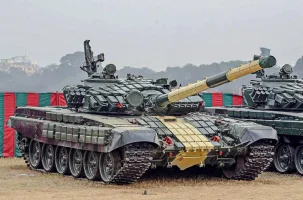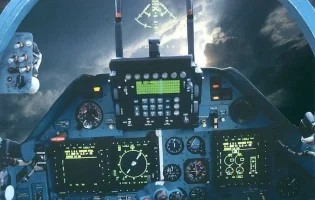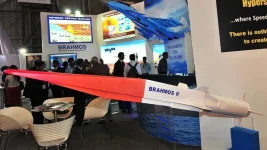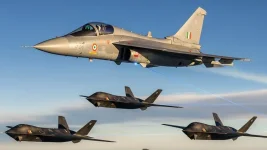- Views: 2K
- Replies: 21

The Indian Army is preparing to retire hundreds of its aging T-72 main battle tanks, opening up the possibility of exporting them to countries in Africa, the Middle East, and Southeast Asia.
However, defence experts are urging caution, warning against the potential for these tanks to be acquired by shell companies and ultimately rerouted to the ongoing conflict in Ukraine.
India currently operates a fleet of approximately 2,500 T-72 tanks, some of which have been in service since the late 1970s. These tanks, alongside over 1,000 T-90s (a modernized derivative of the T-72), have formed the backbone of India's armored forces.
However, due to their age and increasing maintenance requirements, the Indian Army is phasing out the T-72s in favor of the Future Ready Combat Vehicle (FRCV), which is expected to enter service from 2030 onwards.
Before being exported, the retired T-72s will undergo modernization at the Heavy Vehicles Factory in Avadi, which previously manufactured these tanks under license. This refurbishment aims to enhance their capabilities and make them attractive to potential buyers seeking cost-effective combat vehicles.
However, the global surge in demand for tanks, fueled by the war in Ukraine and the depletion of surplus stocks in many countries due to donations, has raised concerns about the final destination of these refurbished T-72s.
Defence experts has cautioned against the potential involvement of shell companies, which could act as intermediaries to acquire the tanks and subsequently supply them to parties involved in the Ukraine conflict, despite India's neutral stance.
To prevent such a scenario, experts emphasize the need for stringent vetting of potential buyers. This includes verifying their legitimacy as defence forces and ensuring that the tanks will not be used to destabilize conflict zones or contribute to human rights violations.
India's careful approach to this export opportunity will be crucial to avoid any unintended consequences and maintain its commitment to responsible arms trade.




